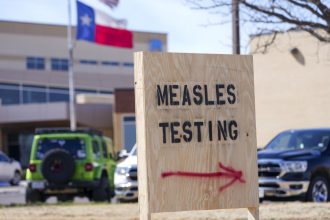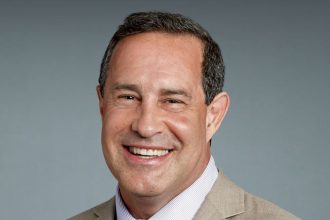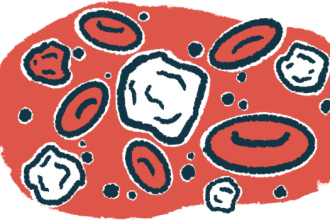Dr. Wendi LeBrett, a double-board-certified gastroenterologist and internal medicine physician from California, underscores the significance of weight-bearing exercises in the prevention and improvement of fatty liver disease, a condition that impacts millions. She stresses that prioritizing muscle building over cardio can effectively combat insulin resistance, a primary contributor to the disease’s onset.
Fatty liver disease, also known as metabolic dysfunction-associated steatotic liver disease (MASLD) or nonalcoholic fatty liver disease (NAFLD), poses serious health risks linked to poor diet, obesity, and a sedentary lifestyle. If untreated, it can lead to liver inflammation, scarring, and even cirrhosis.
The liver, the body’s largest organ, plays a crucial role in digestion, energy storage, and toxin removal. Fatty liver occurs when excess fat accumulates in the liver, impairing its functionality over time. Often referred to as a ‘silent’ disease, fatty liver may show no symptoms in its early stages and is typically diagnosed during tests for unrelated health issues. As it progresses, patients may experience signs such as pain in the upper right abdomen, fatigue, unexplained weight loss, and weakness.
In an Instagram video, Dr. LeBrett noted, “One in four Americans will have fatty liver, and insulin resistance is a key driver in the development of non-alcoholic fatty liver.” She highlighted that managing insulin resistance through exercise is vital. “Building muscle mass is one of the best ways to reduce insulin resistance and should be the priority at the gym for anyone with or at risk of fatty liver,” she advised.
While many associate exercise with cardio for weight loss, Dr. LeBrett emphasizes the need for muscle-building workouts. She suggests incorporating weight-bearing activities such as walking, running, jumping, dancing, and using weights or resistance bands for exercises like squats, lunges, and push-ups.
In addition to exercise, adopting lifestyle changes is crucial. A balanced diet low in refined sugars and processed carbohydrates can significantly improve and possibly reverse fatty liver disease. A diet rich in vegetables, fruits, and healthy fats is recommended. Regular check-ups with a healthcare provider are essential for monitoring progress and preventing complications.












